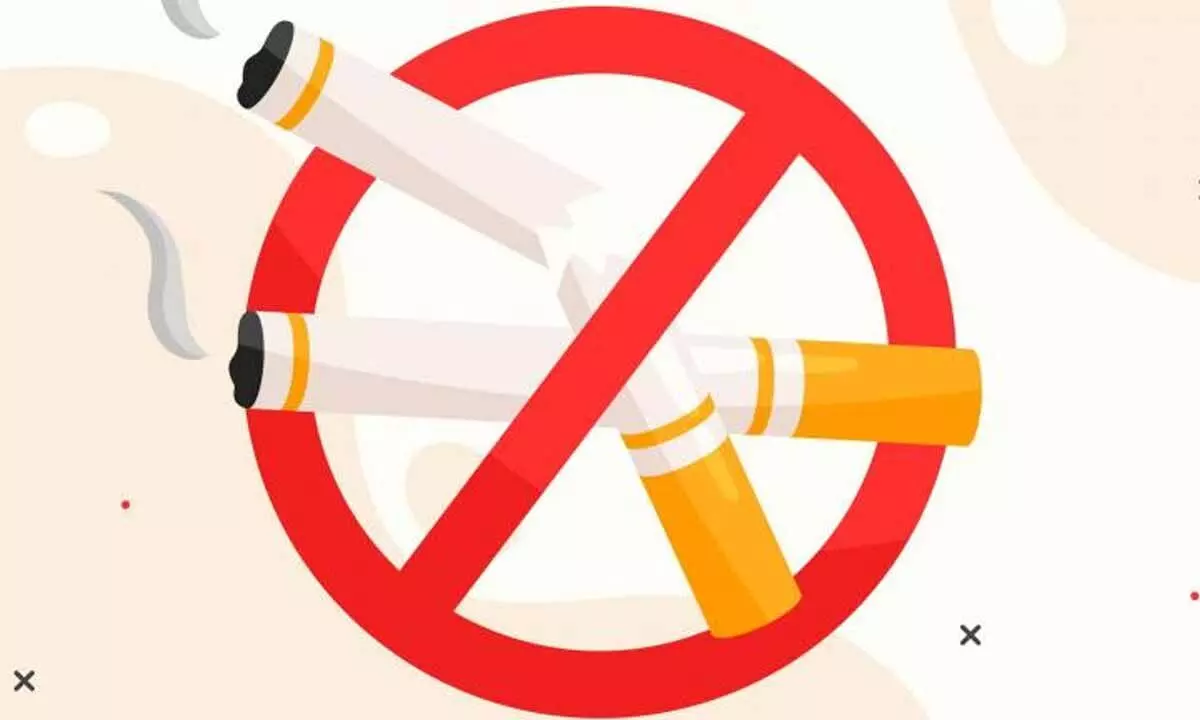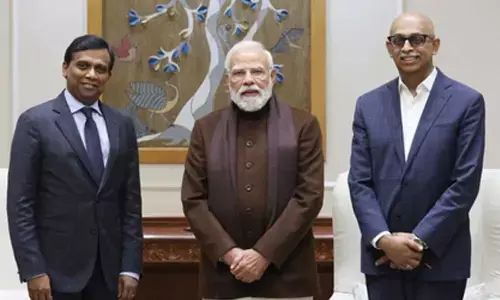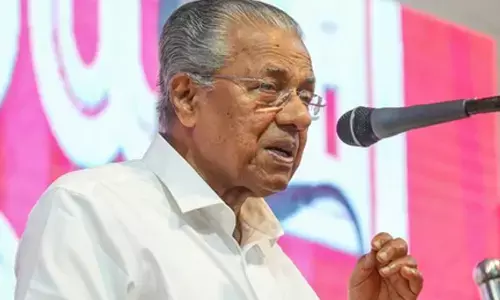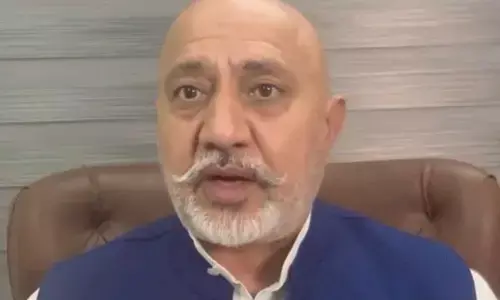Telangana’s tobacco time bomb – 22.3% of men aged 15 and above use tobacco

Alarming rates of tobacco use in Telangana demand urgent action and exploration of safer alternatives: Experts
The ticking time bomb of tobacco use in India is evident in the alarming statistics. With nearly 267 million adults, or 29% of the total adult population, addicted to tobacco, the nation is grappling with a public health crisis of unprecedented proportions. The Global Adult Tobacco Survey (GATS) India 2016-17 paints a grim picture of the problem, with smokeless tobacco being the most prevalent form of consumption. However, the crisis is far from uniform across the country. According to National Family Health Survey (NFHS-5) data, states like Telangana, with a staggering 22.3% of men aged 15 and above using tobacco, are ground zero in this battle.
Dr. P. Shashikala Palkonda, Ex Dean and Professor of Microbiology at Osmania Medical College, Hyderabad, indicates the gravity of this situation, stating, “In Telangana, 22.3% of men aged 15 years and above use tobacco, highlighting a significant public health issue. With nearly 267 million adults using tobacco in India, revising tobacco cessation policies to include effective alternatives is imperative. These alternatives should be available only for serious smokers, providing scientifically proven options for those committed to quitting. By integrating successful strategies from Japan, Sweden, the UK, and the USA, and consulting experts, we can introduce safer alternatives like HTPs to effectively combat addiction.”
The challenge lies in finding a balance between public health and individual liberty. While complete abstinence remains the ultimate goal, the reality is that many smokers find it difficult to quit. This is where the concept of harm reduction comes into play. By offering scientifically proven alternatives to traditional cigarettes, we can potentially reduce the devastating health consequences associated with tobacco use.
Adding to this, Dr. Mohsin Wali, Padma Shri Awardee echoes, “The current framework of tobacco cessation needs an overhaul. We must adopt harm reduction strategies that have proven effective in other countries. For instance, alternatives like the scientifically proven safer novel tobacco products - heated tobacco products (HTPs), which is used in over 80 countries around the world, have shown promise in reducing harm while aiding in smoking cessation. It's time Indian should considers these scientifically backed alternatives to safeguard public health.”
The road to a tobacco-free India is long and arduous. However, by acknowledging the complexities of addiction and adopting a pragmatic approach, we can make significant progress. It is imperative that policymakers, healthcare professionals, and the public work together to create a healthier future for generations to come.
As the narrative unfolds, it's essential to recognise that the journey towards a tobacco-free India involves not just curbing use but transforming the approach to cessation. This transformation hinges on integrating global best practices tailored to the Indian context. By leveraging international success stories and scientific advancements, India can pave the way for more effective tobacco control measures.
The pressing need to address tobacco use in Telangana and across India cannot be overstated. The data from NFHS-5 and the Global Adult Tobacco Survey highlights the urgency for revised policies and the introduction of harm reduction alternatives. As experts suggest, the path forward lies in adopting scientifically validated strategies that cater to the specific needs of the population. This approach promises a healthier future, free from the grips of tobacco addiction.

















